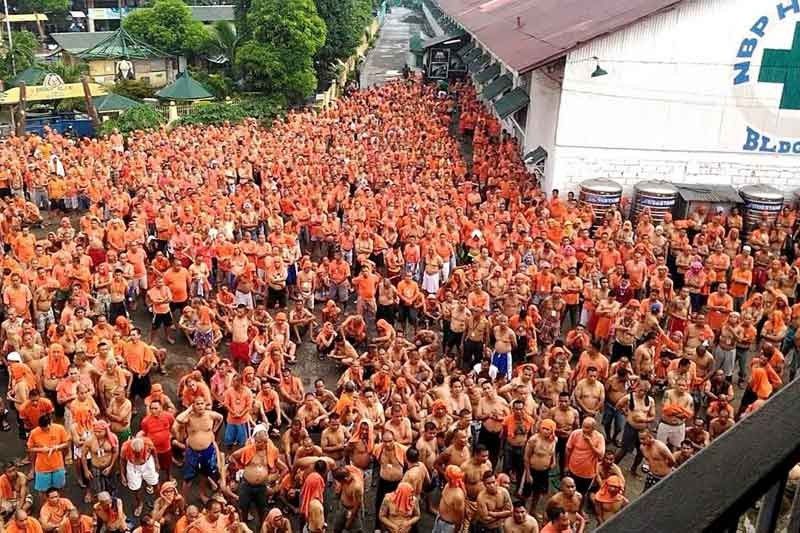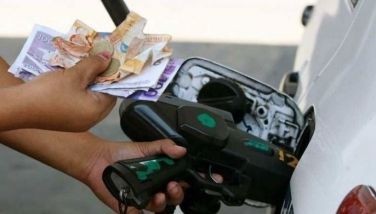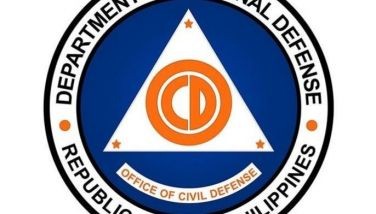Drug war, slow justice system congesting jails

MANILA, Philippines — Apart from budget constraints and other issues that hinder the construction of more jail facilities, the government’s war on drugs that has led to a spike in arrests and the country’s slow system of resolving cases are also to blame for worsening jail congestion.
In the 2017 report released by the Commission on Audit (COA), the state auditors again called on the government and the Bureau of Jail Management and Penology (BJMP) to find ways to address the problem.
“The jail populations for the year recorded an increase in various months due to the number of drug-related cases in the country as well as the court’s slow or inaction on the pending cases caused by lack of judges, postponement of hearings and the slow disposition of criminal cases that carry the penalty of reclusion perpetua or life imprisonment,” the COA said.
“Detainees who are below poverty line cannot afford to post bail so they were stocked in the jails,” the audit team said, mentioning that poverty is also a factor to consider.
Since President Duterte assumed office in 2016, the number of arrests and detention of alleged drug offenders increased significantly due to intensified police operations against drug offenders.
The COA report said the spike in arrests and detentions contributed to the congestion in jails, considering that the BJMP had a total cell population of 146,302 as of Dec. 31, 2017, far exceeding the total ideal capacity of 20,653.
With a variance of 126,493 or a total average occupancy rate of 612 percent, state auditors said such jail conditions do not conform with the BJMP Manual on Habitat, Water, Sanitation and Kitchen in Jails and with the United Nations Minimum Standard Rules for the Treatment of Prisoners, resulting in heavy congestion and unhealthy living conditions of the inmates.
The audit team said congestion in jails will lead not only to health and sanitation problems but also to increased gang affiliation of inmates.
To sustain survival, COA said inmates join gangs where they find protection, network of social support and, most important, access to material benefits.
Records showed Region 4A topped the most overcrowded jails, followed by Region 3 and Region 9, while jails in the Autonomous Region of Muslim Mindanao (ARMM) remained uncongested for the entire 2017.
The COA report said lots where some jail buildings were constructed had limited space, which is why construction or horizontal expansion of the buildings is not possible.
State auditors lauded the BJMP for exerting efforts and implementing programs to help decongest jails, including the Good Conduct Time Allowance, a privilege given to an inmate of a jail facility which encourages an inmate to attend various activities inside the jail facility in order to become productive while serving and waiting for his/her sentence.
“The activities include livelihood training programs, Alternative Learning System, religious activities, sports and other programs for the rehabilitation and development of detainees outside their cells are also ways to decongest the facility for a while,” the COA said.
- Latest
- Trending



























